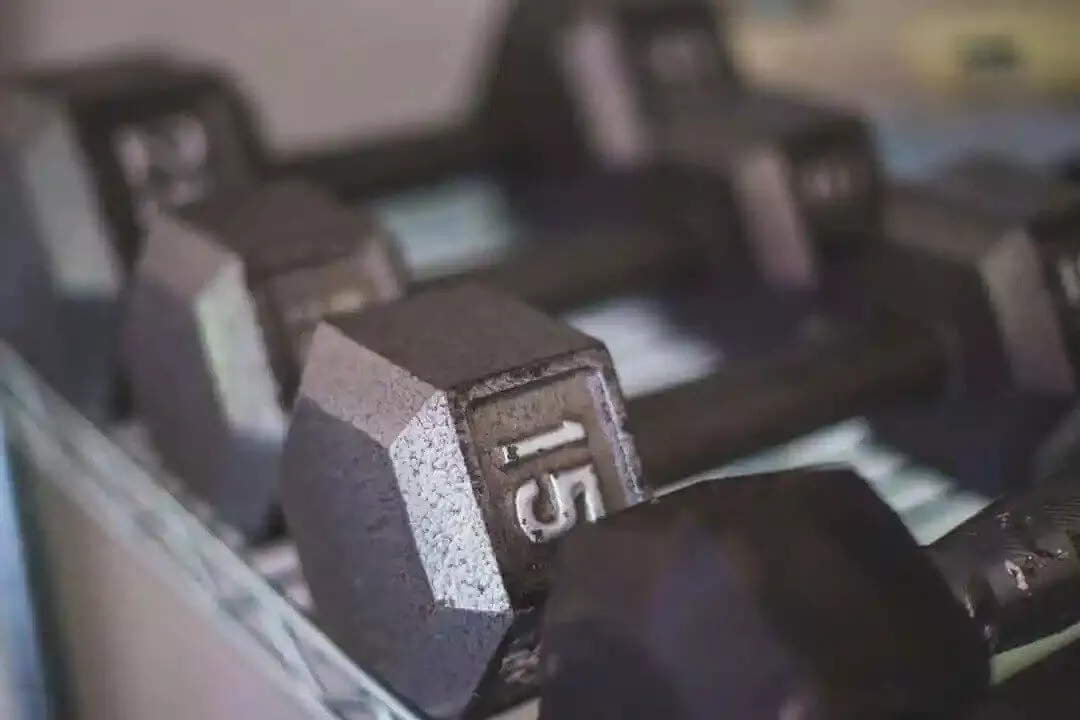Sticking to your fitness resolution is necessary, but often difficult. Here are the 5 secret that will help you stick to your fitness resolution in the long run.

Achievement of your fitness goals depends on how long you stick to your fitness resolution. Here are the 5 secret that will help you stick to your fitness resolution in the long run.
- Diet and Exercise You Can Stick To
Many people start their dieting and exercise with much enthusiasm, but are unable to keep it that way for long-term. However, it is a lot better to plan your diet and exercise in a way that you can stick to for the years to come.

- Have an Effective Exercise Routine
Achieving your goals is the biggest motivation you can have to keep it going. However, doing the ineffective exercises and having ineffective diet will cause unnecessary delays in achieving your goals and will be demotivating. Whether you research the internet for an exercise and diet schedule or hire a fitness trainer, make sure that you are doing it the right way.

- Have Realistic Goals
Losing 100 pounds in the next 6 months might seem a very tempting goal. However, it is best to keep your goals as realistic as possible. The fat you have accumulated in decades would not go away in weeks and months. Give it some time and keep your goals realistic.

- Use Motivation
Different people have different motivational factors. Many people find it motivating to have an exercise partner. Some people find it motivating to listen to their favorite music while exercising. Find your motivation factor and use it for your fitness advantage.

- Choose a Time When You Have the Most Energy
Some people have more energy early in the morning while others feel more energetic in the evenings. Choose the time when you have the most energy. It highly depends on your work routine as well. Choosing the appropriate time helps you be regular with your exercise schedule.


Alina Smith is a health blog author with an interest in the intersection of wellness and mental health. She’s worked as a writer, editor, and communications specialist for various healthcare organizations. Alina has also led projects to improve access to care for underserved populations in both rural and urban settings.















